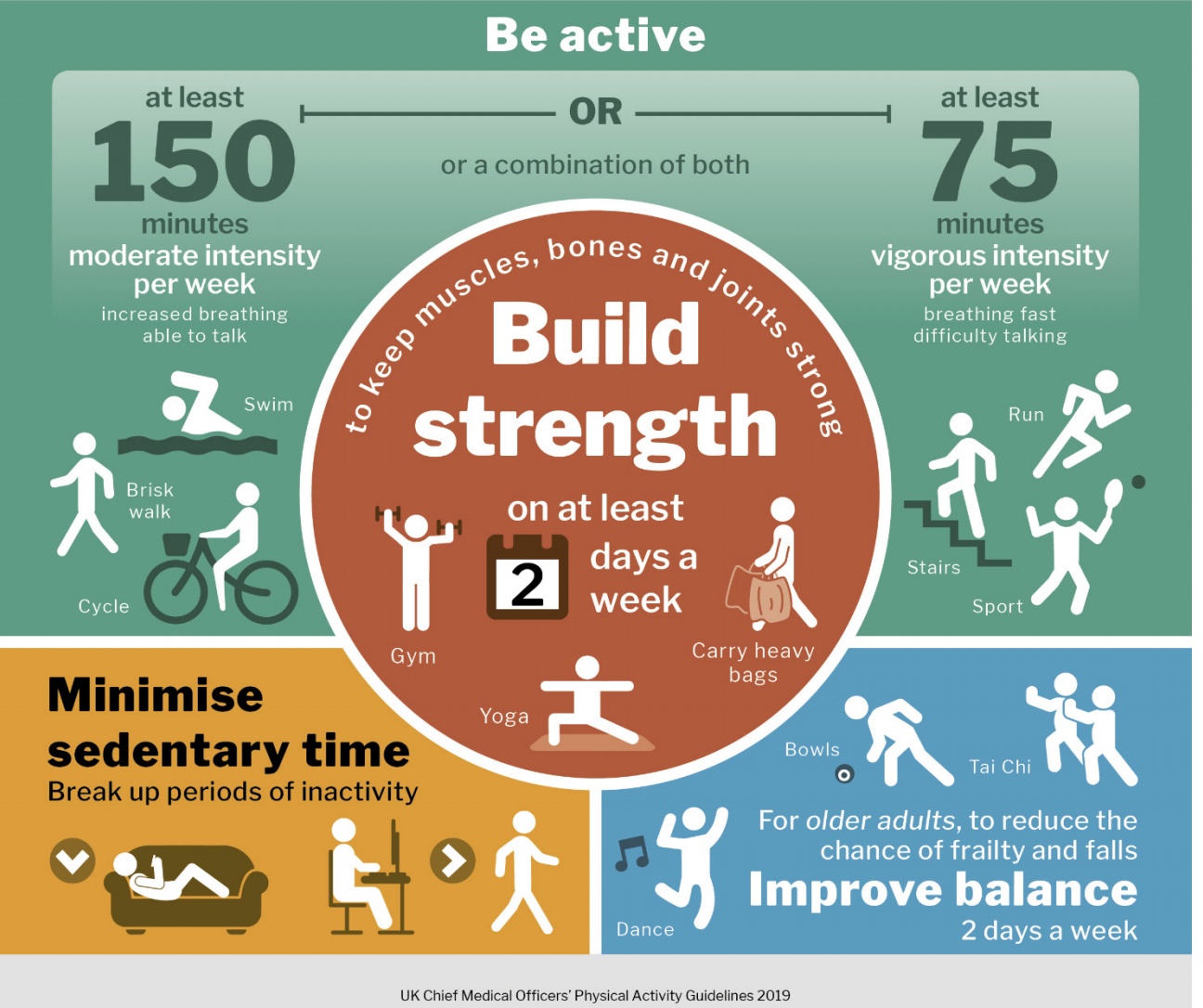There is no one magical food that will cure (or cause the development of) cancer – rather it is important that you look at your diet as a whole, and focus on eating a wide variety of foods.
Here are some things to focus on:
Fruits and Vegetables – are an important source of vitamins, minerals and fibre. Extensive research has shown that people who eat more of these have a lower risk of cancer. If that is not enough, those nutrients found in fruit and veg can also reduce risk of other diseases such as heart disease and diabetes as well. Focus on getting as much as you can from whole foods as they not only contain the vitamins but also have fibre (which protect against bowel cancer) and antioxidants (which protect your body against the damage of free-radicals on the body.)
*Free-Radicals is a substance that our body naturally makes that can cause damage to our cells.
Whole grains – are full of gut-loving fibre. Fibre has been shown to reduce your risk of cancer – one possible explanation being that it helps to speed the transportation of food through the digestive system.
Increasing plant protein – not only will this be good for the planet, it will also be good for your body! Plant proteins such as beans, lentils and pulses are a great source of fibre, protein and are very cost effective.
Eating large amounts of red meat has been shown to increase your risk for many cancers, especially those of the digestive tract. Aim to limit the amount of red and processed meat (bacon, sausage, etc) that you consume. This doesn’t mean you have to give it up for good, as red meat has lots of nutrients (such as iron and zinc) and protein that our body needs. Studies have shown that people who switch just two animal protein sources a week reduce their risk.
Reduce your Alcohol – How alcohol contributes to cancer development isn’t fully understood but it may be due to the connection between intake and inflammation in the body. Alcohol intake has been clearly linked to an increased risk of cancer, especially of liver, breast and colon. Again, you don’t have to completely cut alcohol out of your diet – just try to reduce and be mindful of how much you are drinking. The government guidelines for alcohol intake are 14 units a week for men and women. For more information on what this looks like visit the NHS website on alcohol.



